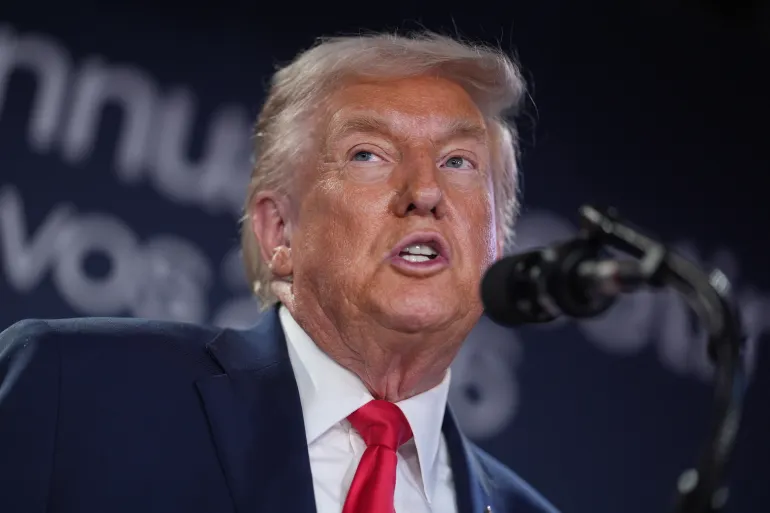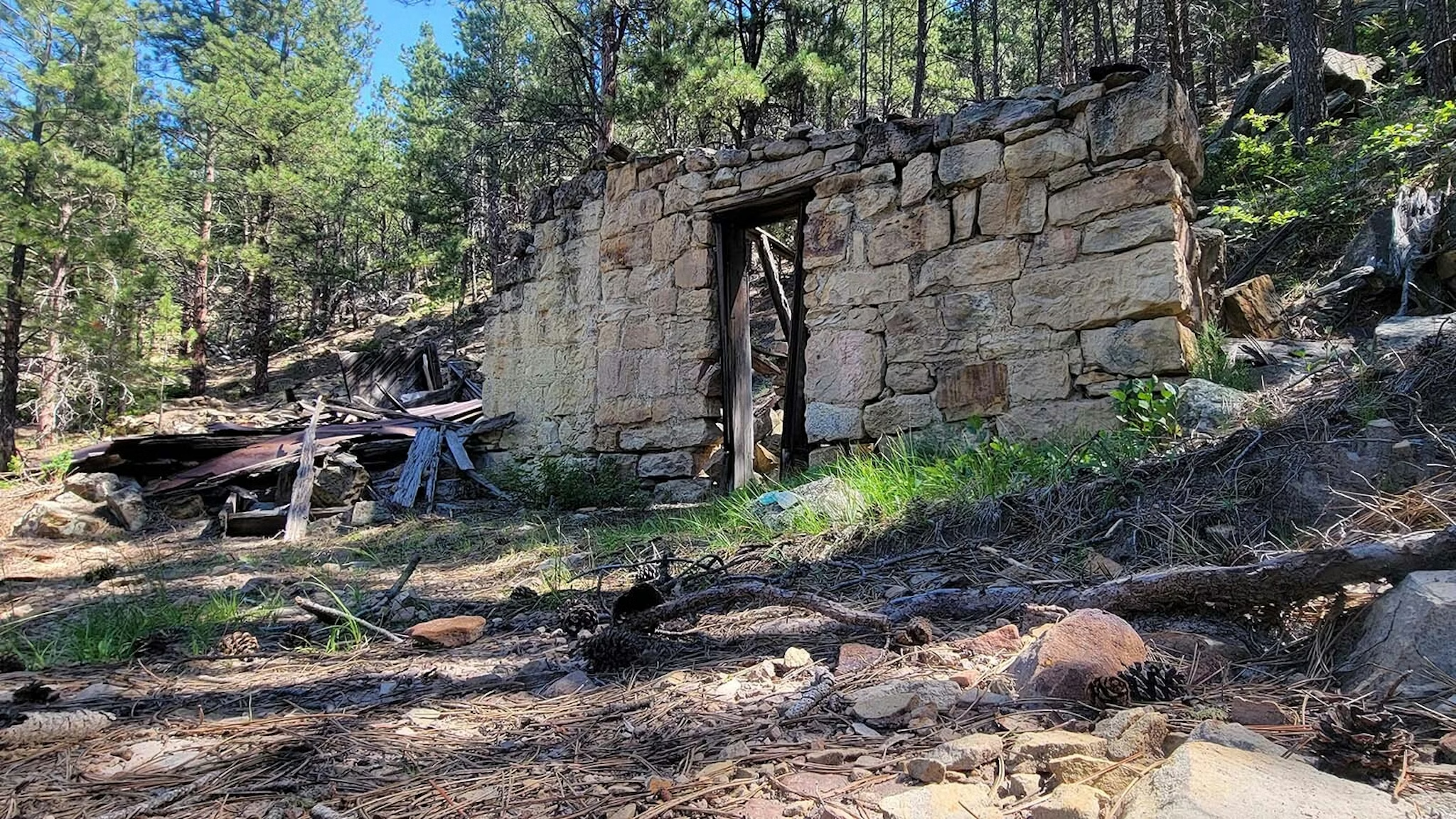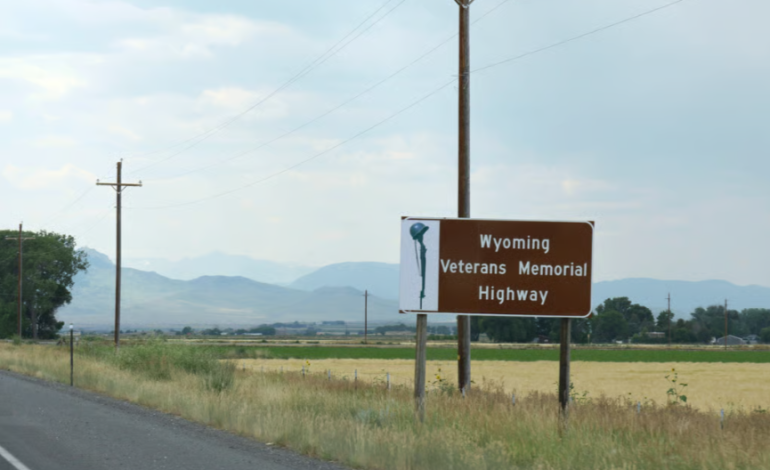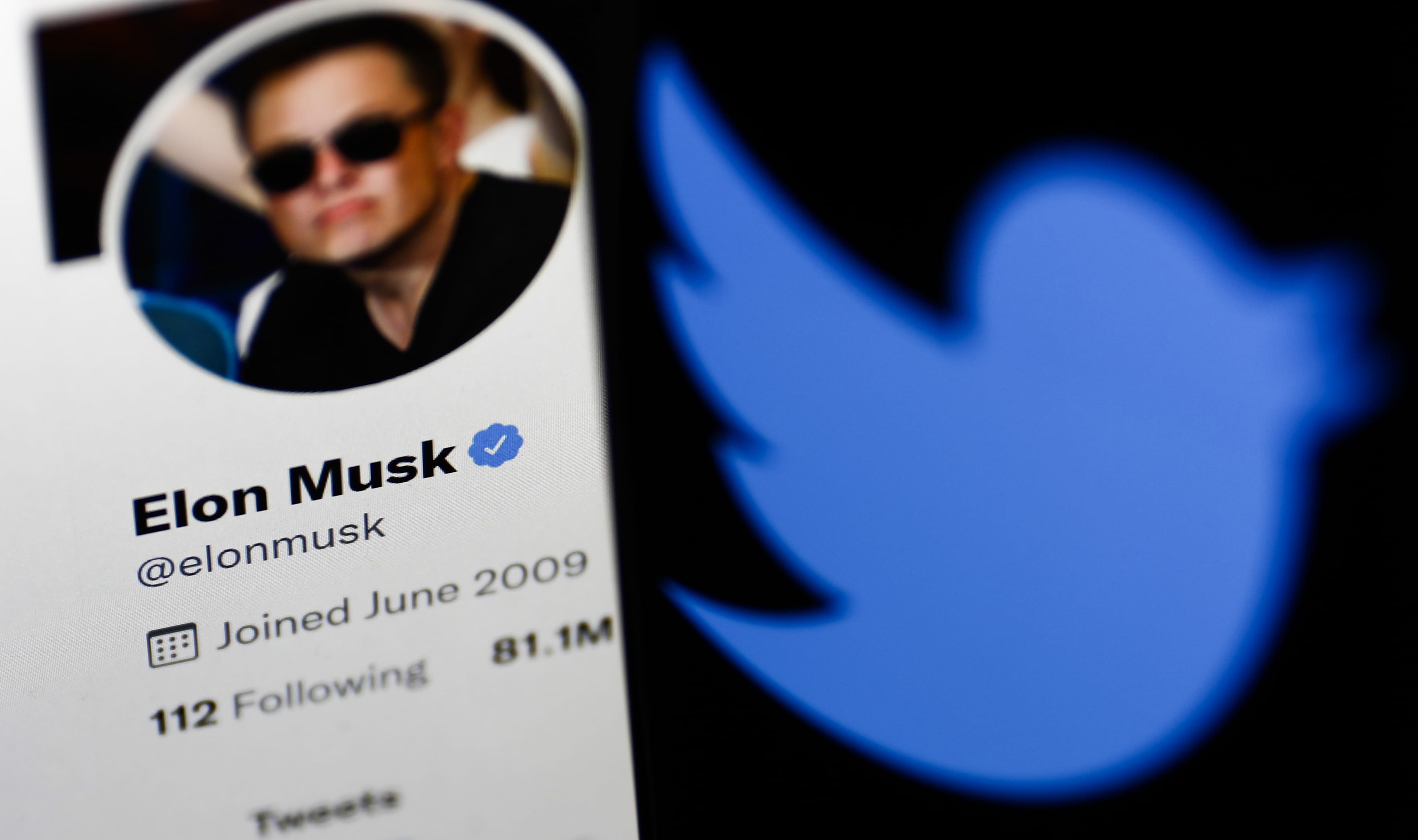A new study has found that Wyoming drivers are the fastest in the United States when it comes to covering long distances by car, County 10 reports.
According to data compiled by financial website MoneySuperMarket, which analyzed speed and travel patterns using geographic data from SimpleMaps, drivers in the Cowboy State average 71.8 miles per hour when traveling extended distances—making them the swiftest in the nation.
New Mexico and Idaho followed closely behind, with average long-distance speeds of 71 mph and 70.5 mph, respectively. The findings suggest that drivers in the western United States tend to maintain higher speeds over longer stretches—possibly due to rural terrain, low traffic congestion, or cultural driving habits.
Globally, the United States ranks as the fastest-driving country overall, with Canada and Oman also appearing near the top of the list. In contrast, countries like Malta and Mauritania recorded the slowest average speeds, both just over 14 mph.
Within the US, states in the Northeast showed the slowest average speeds for long-distance driving. New Hampshire, Vermont, and Maryland ranked at the bottom, potentially due to more urbanized environments, denser traffic, and lower speed limits.
While the study did not explore the causes behind the speed differences, factors such as geography, road infrastructure, traffic enforcement, and cultural attitudes toward driving may all play a role.
The full report, including international comparisons and regional breakdowns, is available at: MoneySuperMarket’s full study.










The latest news in your social feeds
Subscribe to our social media platforms to stay tuned